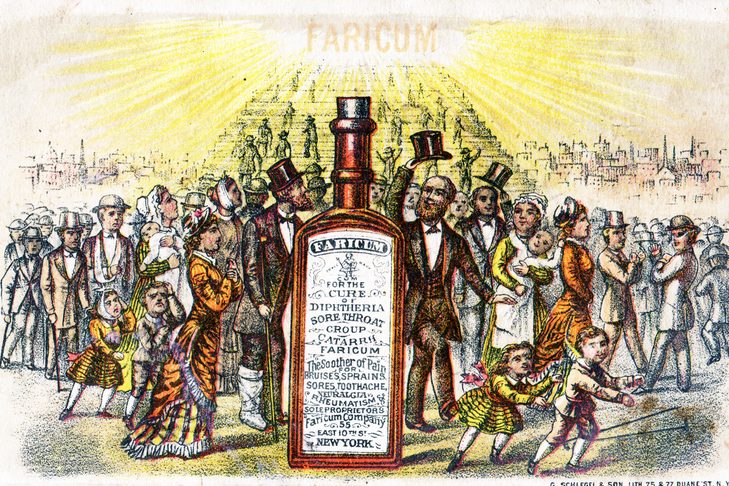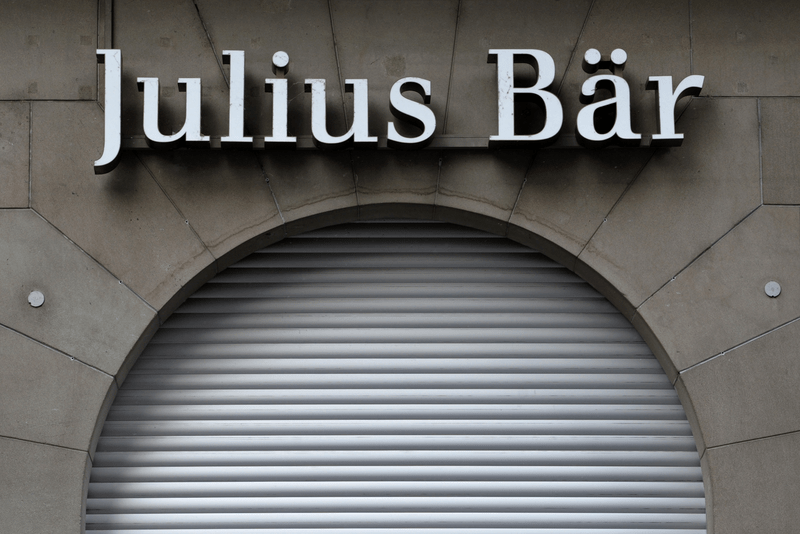The investment advisory and wealth management firm Julius Baer International Limited (JBI) has been fined £18,022,500 ($21,5m) by the Financial Conduct Authority (FCA). The FCA found that JBI failed to conduct its business with integrity, failed to take reasonable care to organise and control its affairs, and failed to be open and cooperative with the FCA.
The regulator has also decided to ban the previous employees Gustavo Raitzin, former Regional Head for Bank Julius Baer (BJB); Thomas Seiler, former BJB Sub-Regional (Market) Head for Russia and Eastern Europe and JBI non-executive director; and Louise Whitestone, former relationship manager on JBI’s Russian and Eastern European Desk.
The FCA found that JBI facilitated finder’s arrangements between BJB and an employee of a number of Russian Yukos Group companies, Dimitri Merinson. BJB paid Merinson finder’s fees for introducing Yukos Group companies to Julius Baer. This was done on the understanding that the companies would then place large cash sums with Julius Baer, which could generate significant revenues for the wealth management firm.
$3m commission
The findings also showed that uncommercial FX transactions were made in which the Yukos Group companies were charged far higher than standard rates, where Merinson and Julius Baer shared the profits. As a result, Merinson received commission payments totalling approximately $3m. The FCA called this “improper and together with the uncommercial FX transactions showed a lack of integrity in the way in which JBI was undertaking this business”.
The FCA also found that JBI failed to have adequate policies and procedures to identify and manage the risks arising from the relationships between the firm and third-party finders. JBI had also no policies or rules surrounding the use of finders until after June 2010, and policies introduced later were inadequate.
Mark Steward, Executive Director of Enforcement and Market Oversight, FCA“There were obvious signs that the relationships here were corrupt, which senior individuals saw and ignored. These weaknesses create the circumstances in which financial crime of the most serious kind can flourish.”
JBI became aware of these transactions and commission payments in 2012, and suspected that a potential fraud had been committed. Nonetheless, it did not report these matters to the FCA as required or at all until July 2014.
“There were obvious signs that the relationships here were corrupt, which senior individuals saw and ignored. These weaknesses create the circumstances in which financial crime of the most serious kind can flourish. The FCA’s decisions on the individuals whom the FCA alleges were involved in these failures will now be reviewed in the Upper Tribunal,” said Mark Steward, FCA Executive Director of Enforcement and Market Oversight.
JBI agreed at an early stage to settle all issues of fact and partially agreed liability (but not penalty) and therefore qualified for a discount under the FCA’s executive settlement procedures. The FCA would otherwise have imposed a fine of £24,496,700 ($29,3m).
The FCA reveals that this was a challenging investigation which required evidence and interviews to be obtained from Switzerland. And while the investigation was completed before Covid lockdowns, a publication of the firm’s Final Notice was prevented by an Order of the Tribunal, which was recently discharged.
JBI end finder’s business
In a statement David Durlacher, CEO of Julius Baer International, said: “We deeply regret the serious failings and apologise for the shortcomings that occurred at JBI between 2009 and 2014. We have taken full responsibility for these historical failings and made complete restitution to our client.
“Since this wrongdoing took place, we have implemented significant organisational changes. With a reformed governance structure, a new management team and a remodelled risk and compliance function, our clients can trust we will always safeguard their interests. JBI continues to move from strength-to-strength in the UK as we continue to grow. We are focused on building our capabilities to provide our clients with the specialist, bespoke services they need and value.”
JBI has also established an independent investigation into the findings, which has led to significant changes to the firm’s leadership, governance, systems and processes, including that JBI no longer accepts any finders’ business.
The Upper Tribunal proceedings relating to Thomas Seiler, Louise Whitestone and Gustavo Raitzin’s Decision Notices commenced on November 28, 2022.











